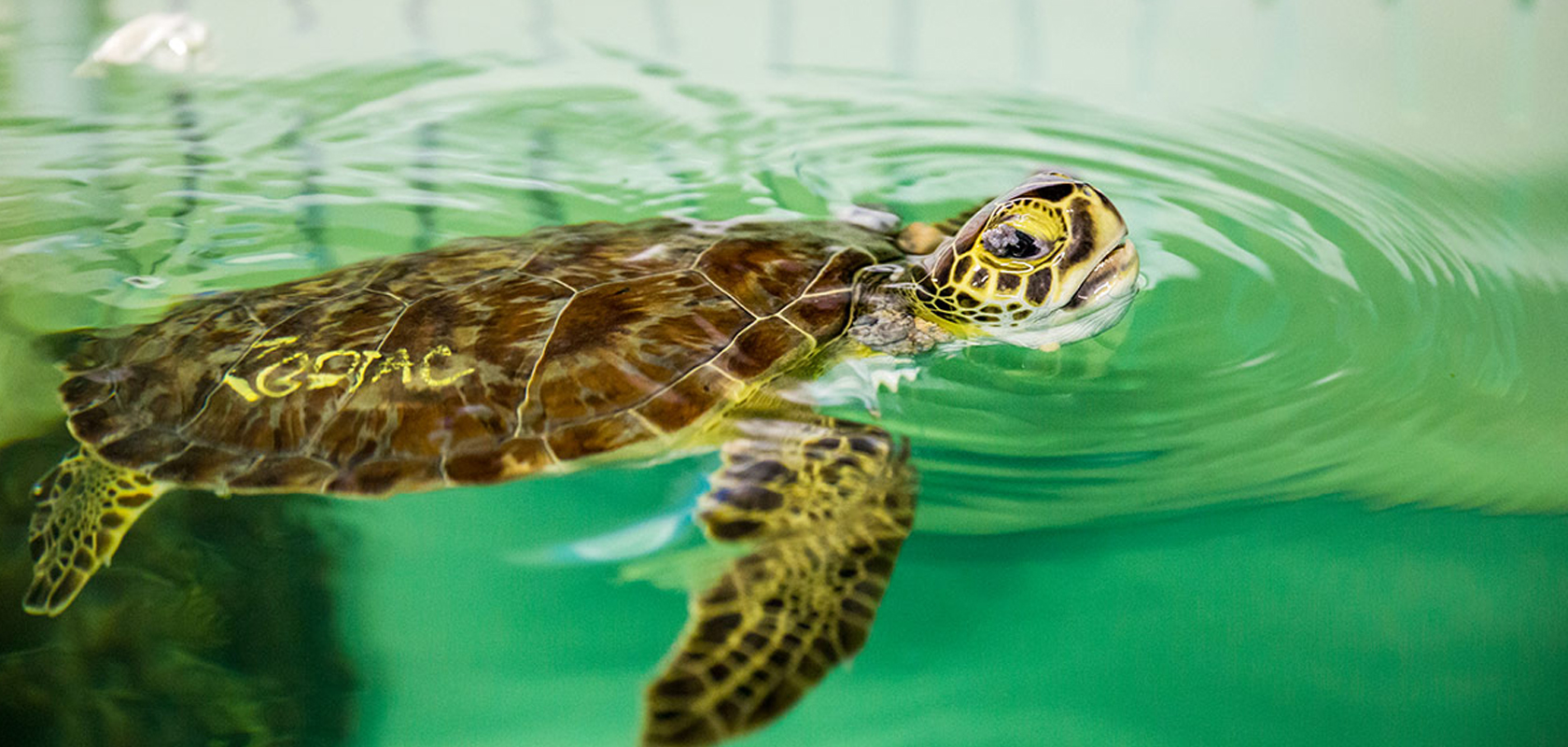Marine Species Protection
- Home
- Marine Species Protection

Marine Species Protection
July 20, 2024
At REEFREEF, protecting marine species is one of our top priorities. Through our Marine Species Protection Program, launched on July 20, 2024, we aim to conserve endangered species, protect marine habitats, and foster biodiversity in coastal ecosystems. By collaborating with government bodies and marine biologists, we have been working to safeguard species that are critical to the health of our oceans.
Our Approach
1. Project Launch
Government and Scientific Partnerships: The program was initiated in collaboration with the Marine Conservation Division of the Forest Department and the Fisheries Department. Experts like Dr. [Name], a marine biologist from [University/Institute Name], and Mr. [Name] from the Fisheries Department provided technical guidance and support throughout the project.
2. Execution of Marine Species Protection Activities
The project officially began on July 20, 2024, with a series of targeted conservation activities aimed at protecting vulnerable marine species, including sea turtles, dolphins, and coral reef fish.
Species Monitoring and Research: We started by conducting an extensive survey along [Coastal Region Name] to monitor the populations of endangered species. This included tagging sea turtles and tracking their migration patterns, as well as using sonar technology to study dolphin populations. The data collected is helping us understand species behavior, population dynamics, and threats to their survival.
Marine Habitat Restoration: To ensure a healthy environment for marine species, we launched habitat restoration projects. This included restoring degraded coral reefs and seagrass beds, which are crucial habitats for many marine creatures. With the help of local fishermen and volunteers, we planted over 10,000 seagrass shoots and rebuilt 200 square meters of coral reef.
Turtle Nesting Site Protection: During the sea turtle nesting season, from August to September 2024, we established protected nesting zones along popular nesting beaches. Volunteers and government officials patrolled the beaches to safeguard turtle eggs from predators and human interference. Over 120 turtle nests were monitored, resulting in the successful hatching of 3,500 sea turtles.
Dolphin Conservation Program: We worked closely with the Fisheries Department to reduce bycatch, which is a significant threat to dolphins in the region. Local fishermen were trained in using dolphin-friendly fishing gear, and we implemented a bycatch monitoring system to ensure that dolphins and other endangered species were not inadvertently caught.
3. Progress and Achievements
As of September 2024, we have seen measurable success in our Marine Species Protection efforts:
Increased Turtle Survival Rates: Our efforts to protect nesting sites and reduce human impact have led to a 30% increase in sea turtle hatchling survival compared to the previous year.
Habitat Restoration: The restoration of coral reefs and seagrass beds has already started attracting marine life, and we anticipate continued biodiversity improvement in these areas over the next few years.
4. What Will Be Achieved?
Through our Marine Species Protection program, we aim to:
Protect Endangered Species: By monitoring, protecting habitats, and reducing human-induced threats like bycatch, we aim to safeguard populations of key marine species such as sea turtles, dolphins, and coral reef fish.
Promote Biodiversity: Our habitat restoration efforts will help create a thriving environment for marine life, ensuring a rich and diverse marine ecosystem.
Reduce Human Impact: By educating local communities and fishermen about marine conservation, we expect to reduce harmful activities that threaten marine species, such as unsustainable fishing practices and habitat destruction.
5. Collaborations and Support
Our Marine Species Protection program has benefited from the support of various government and local stakeholders:
Mr. [Name], Forest Department: Helped coordinate research efforts and provided the necessary permits for habitat restoration and species monitoring.
Dr. [Name], Marine Biologist, [University Name]: Led the scientific research component of the project, guiding our efforts in species monitoring and conservation techniques.
Mr. [Name], Fisheries Department: Played a critical role in implementing the dolphin conservation program and training local fishermen in sustainable fishing practices.
What’s Next?
Our Approach
At REEF, we employ a holistic strategy that integrates sustainable aquaculture, community engagement, and environmental conservation. By fostering collaboration and innovation, we empower local communities to thrive while protecting our precious coastal ecosystems.
- Home
- About
- Services
- Activites
- Contact us
Useful Links
Contact Us
-
17/34, Vinobha Nagar, Indian Airforce Road, East Tambaram, Chennai-600059, Tamilnadu, India
- +91 63830 33935
- info@reefeducation.org
© All Rights Reserved by REEF. Design By Micron Studio